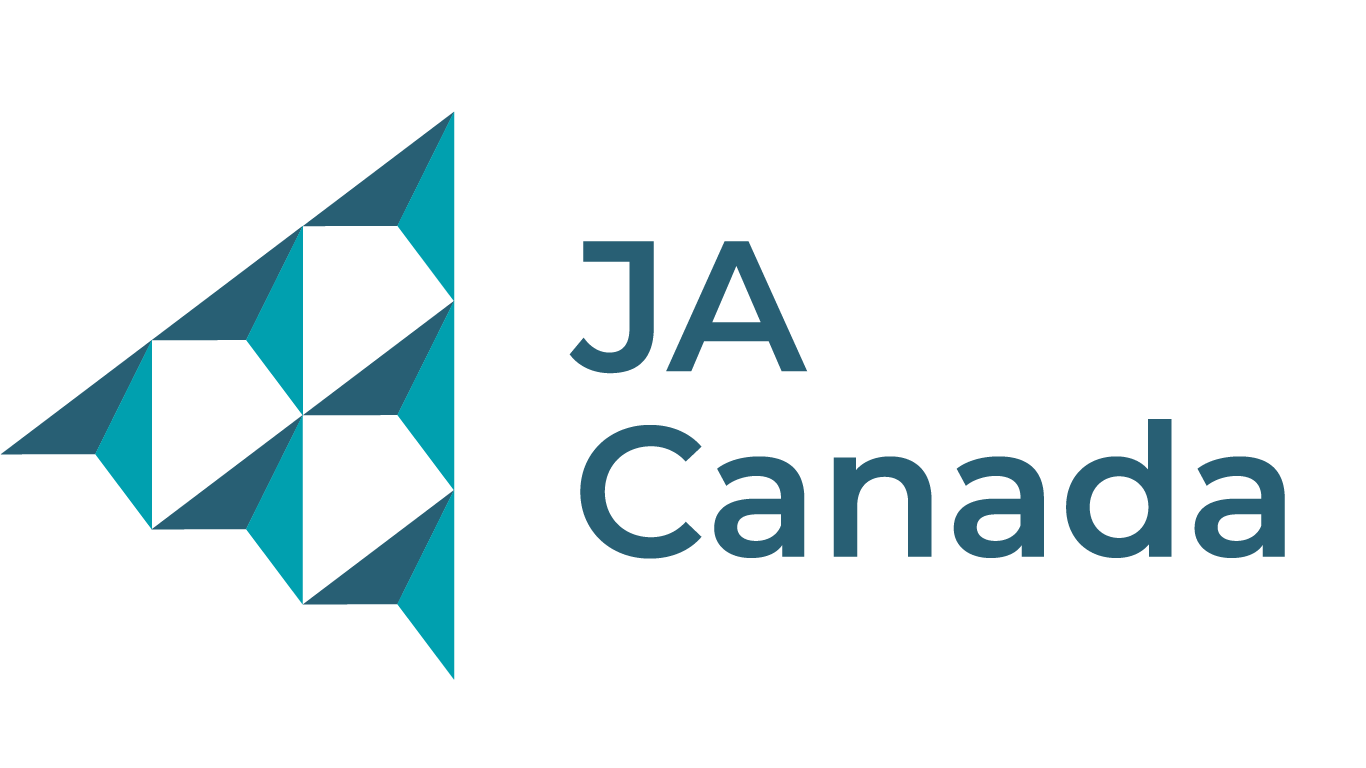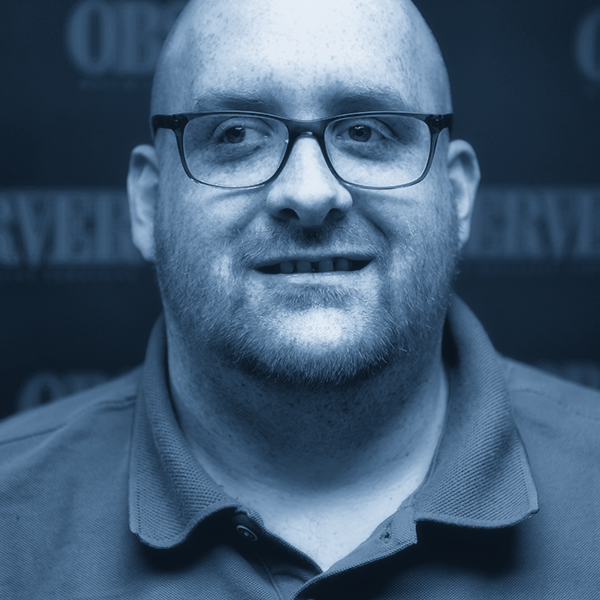A $152,000 grant from the Ontario Trillium Foundation has helped Junior Achievement Southwestern Ontario (JA) expand its programs teaching financial literacy to high school students.
“Back in 2020, we were fortunate to receive funding. It was a three-year grant and it was to support the personal finance program, which is a high school program geared towards Grade 9 through 12, helping them to develop those financial skills as they’re thinking about those first jobs, or they’re thinking about moving on to postsecondary,” said president and CEO Karen Gallant.
The funding helped provide the program to 1,800 students in Wellington County and Waterloo Region, including students at Elmira District Secondary School.
“It is encouraging to see this Grow grant was able to support the successful development and delivery of its personal finance programs for high school students,” said Waterloo MPP Catherine Fife in a release highlighting the funding’s impact.
The non-profit provides in-classroom programs on financial literacy, work readiness and entrepreneurship to teachers who request it. JA will then connect with volunteers such as business leaders and community members to share their experiences and teach the program to the students.
“One of the biggest benefits of bringing volunteers into the classroom is that they share their life experience with the students so that it’s really relatable and it brings the learning to life,” Gallant said.
“Financial health is a really important skill for young people to learn. That includes things like how to earn money, saving, budgeting, how to invest, how to use credit wisely – all of those kinds of things that are so important in our day-to-day lives as adults,” she added.
Students will also get hands-on learning and in some courses will create a budget together for an activity such as a fair or a dance.
“All of these programs are very experiential in nature. There could be activities, small group discussions, there’s often game components that the teachers and volunteers and students play together. They really do get more practical experience in the classroom with a JA program,” Gallant explained.
Given that money is often considered a taboo subject – meaning there might be some reluctance to talk about finances in a family setting – the program becomes even more essential, said Gallant.
“In my house, we didn’t necessarily talk about finances around the dinner table. There are now many families where the schedules of parents and their children don’t align so that they can have those kinds of conversations….A big piece of it is that there’s just not [consistency] across the board. There’s not a lot of that kind of learning that happens in the family unit. So it’s important for it to be in school.”
The JA programs have material that is aligned with the financial literacy requirements that were added by the provincial government to the school curriculum in 2019, Gallant noted.
“[Students] know that when they’ve completed a JA program, there will be several things that they’re expected to do that will have been accomplished. So it is becoming more mainstream, included in the education curriculum, but our materials are then additional resources and helpful to teachers in achieving those learning outcomes and the curriculum goals,” she said.






